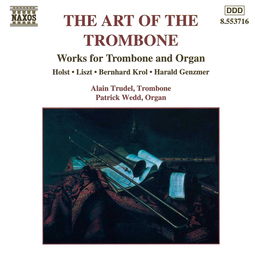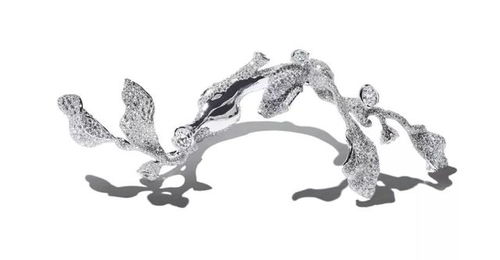Content:
Introduction: Fishing, an age-old pastime, offers a serene escape from the hustle and bustle of daily life. Whether you're a seasoned angler or a beginner looking to cast your line into the freshwater, understanding the basics of fishing techniques is crucial. This article delves into the essential skills and strategies for catching freshwater fish, ensuring that your next fishing trip is both successful and enjoyable.
Choosing the Right Gear: Before you embark on your fishing adventure, it's important to have the right gear. For freshwater fishing, here's what you'll need:
Rod and Reel: Choose a rod and reel that match the type of fish you're targeting. For smaller species like panfish, a lightweight spinning rod with a spinning reel is ideal. For larger species like bass or catfish, a heavier baitcasting rod with a baitcasting reel is more suitable.
Line: The type of line you use depends on the fish you're after and the conditions of the water. Monofilament line is versatile and easy to handle, while fluorocarbon line is nearly invisible underwater and excellent for clear water fishing.
Lures and Baits: Depending on the fish species, you may use artificial lures like spinners, jigs, or crankbaits, or natural baits like worms, insects, or live bait.

Tackle Box: Carry a tackle box with a variety of hooks, sinkers, swivels, and other accessories to ensure you're prepared for any situation.
Finding the Perfect Spot: The key to successful freshwater fishing is to find the right spot. Here are some tips to help you locate the ideal fishing spot:
Research: Use maps and fishing apps to identify potential hotspots in your area. Look for areas with a history of fish populations.
Seasonal Patterns: Fish tend to move to different locations depending on the season. During the spring, fish often move to shallow waters to spawn, while in the summer, they may seek cooler, deeper waters.
Observe the Environment: Look for signs of fish activity, such as vegetation, rocks, and structures that fish may use as cover or to ambush prey.
Mastering the Art of Casting: Once you've found your spot, it's time to cast your line. Here are some casting techniques to help you improve your accuracy and distance:
Hold the Rod: Grip the rod with your dominant hand, positioning your index finger on the reel seat for control.
Backcast: Bring the rod back over your head with a smooth, controlled motion, allowing the line to unwind from the reel.
Forward Cast: Bring the rod forward with a quick, powerful motion, casting the line towards your target.
Practice: The more you practice, the better your casting will become. Experiment with different techniques to find what works best for you.
Baiting Your Hook: Once you've cast your line, it's time to bait your hook. Here are some tips for effective baiting:
Live Bait: If you're using live bait, such as worms or minnows, hook it through the mouth or near the back to ensure it remains lively and attractive to fish.
Artificial Lures: When using artificial lures, attach them to the hook according to the manufacturer's instructions or your personal preference.
Keep It Natural: Whether using live bait or artificial lures, try to mimic the natural movement and appearance of the prey you're trying to attract.
Reading the Water: To be a successful freshwater angler, you need to be able to read the water. Here are some signs to look for:
Surface Activity: Fish often feed near the surface, so look for bubbles, splashes, or other signs of surface activity.
Subsurface Movement: Pay attention to any disturbances or movements in the water, which may indicate fish are present.
Fish Patterns: Observe the behavior of fish in the water. For example, if they're moving in a particular direction, it may be worth following their path.
Conclusion: Catching freshwater fish requires patience, practice, and a good understanding of the basics. By choosing the right gear, finding the perfect spot, mastering casting techniques, baiting your hook effectively, and reading the water, you'll be well on your way to a successful fishing trip. So, grab your rod and reel, and venture out to the serene waters of your local lake, river, or pond. Happy fishing!












